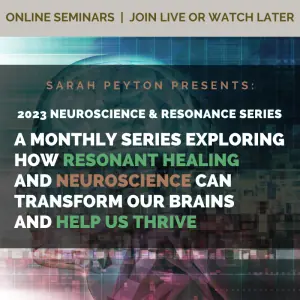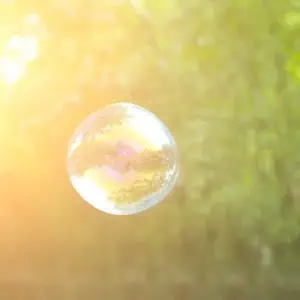Reactive Attachment: When Trauma Turns Love Inside Out
$20.00
Reactive Attachment Disorder happens to us and to our brains when we experience early, repeated loss, alarmed aloneness and harm, especially in relationship with our closest people. What are the circumstances in which Reactive Attachment is formed? What does Reactive Attachment look like in children, and what does it look like in adults? How can resonance be of support?
Join Sarah Peyton for 90-minute webinar that will help you understand and differentiate reactive attachment from other effects of early trauma, and learn how resonance can hold parents and bring some ease to children.
This is primarily a learning and neuroscience content webinar, including a small number of actionable insights and healing process work. If you are seeking healing and resonance practice opportunities, please see Sarah’s upcoming courses here
Does your child struggle to form emotional connections or experience positive emotions? Does it seem that your child rarely feels remorse, guilt or regret? How about shame? Your child may have some elements of Reactive Attachment Disorder.
Reactive Attachment Disorder happens to us and to our brains when we experience early, repeated loss, alarmed aloneness and harm, especially in relationship with our closest people. What are the circumstances in which Reactive Attachment (the condition in which attachment relationships with others are very difficult) is formed? What does Reactive Attachment look like in children, and what does it look like in adults? How can resonance be of support?
Join Sarah Peyton for 90-minute webinar that will help you understand and differentiate reactive attachment from other effects of early trauma, and learn how resonance can hold parents and bring some ease to children.
Please note:
- This is an online zoom webinar that runs for 90-minutes with an optional 30 min Q&A.
- Purchase includes invitation to the live webinar and post-webinar access to access the recording + slides. The slides include research citations where relevant.
- This webinar is the September meeting of Sarah’s 2025 Neuroscience and Resonance monthly series
- We are delighted to offer 1.5 continuing education (CE) hours for psychologists and social workers for this course ($40 additional fee). Details here
- 100% Live attendance is required to receive CEs.





